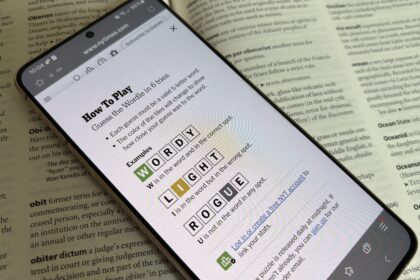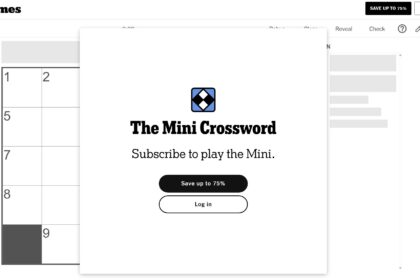From searching your files to scheduling haircuts to supporting emergency response — it’s been a heck of an entrepreneurial journey for Max Keenan and James Liu.
The young founders just raised $14 million for Aurelian, a Seattle-based company that uses AI and voice technology to help 911 call centers respond to non-emergency calls.
Their path to Series A and product-market-fit has been a crash course in pivots and reinvention.
After graduating from the University of Chicago, Keenan and Liu raised a pre-seed round for a company called Needl in 2022 and joined the prestigious Y Combinator accelerator.
Needl aimed to build a personal search product to help people quickly find files, documents, or messages within their digital footprint.
The company wasn’t failing. But the co-founders weren’t jazzed about the mission. “We just didn’t love our customers,” Keenan said.
They sat down and asked themselves: what are we really trying to do here?
“Our core framework for what we thought would make us happiest was if we were working with interesting tech for people who did meaningful work,” Keenan recalled this week in an interview with GeekWire. “That was the combination we wanted.”
So they went back to the drawing board in 2023 and explored ideas around conversational AI, a technology that was rapidly improving thanks to advances in large language models.
They started experimenting with salon booking — helping small businesses automate appointment scheduling and price quotes. “It’s surprisingly a really difficult problem,” Keenan said.
But it was a different problem that led the entrepreneurs to 911 call centers.
Keenan was working with a salon owner who mentioned her frustration with a long stretch of cars in a school pickup line blocking the parking spots at her business.
“She called the police department’s non-emergency line and probably waited 30 or 40 minutes,” Keenan said. Then she hung up and called 911.
“Can you make it so the police answer the phone?” she asked Keenan.
This was far from their area of expertise. But the founders recognized an opportunity to use software to help modernize a 911 call center industry that is struggling with staffing shortages and has been slow to adopt new technology.
“Most are still working with on-premises software, and very few have gone fully into the cloud for their core systems,” Keenan said.
Call centers connect their existing phone lines to Aurelian’s AI assistant, which answers calls, gathers information, and asks follow-up questions. It can fully resolve non-emergency calls (stolen wallets, parking violations, noise complaints) without a human dispatcher or re-route to an appropriate worker. The tech can also handle language nuance (“robbery” vs. “burglary”) and vague location data.
The idea is to help free up employees to address emergency calls with immediate needs while also reducing wait times for non-emergency requests.
Since launching in May 2024, Aurelian has more than a dozen agencies across the U.S. using its product, including seven in Washington state.
The technology is having immediate impact. Just a few days after Aurelian went live with Snohomish County, a huge “bomb cyclone” storm hit the Seattle region.
Aurelian was able to answer more than 500 calls about power outages in a 24-hour span. “We answered every single one of those calls instantly,” Keenan said. One call was from a woman who needed help with her husband’s chair lift that was stuck halfway up the stairs.
“We took that call, transferred it immediately, and had it answered in five seconds instead of an hour,” Keenan said.
Aurelian is on track to automate more than one million calls each month.
NEA led the Series A round, which included participation from several of the company’s original investors — including Liquid 2 Ventures, Y Combinator, and Palm Drive Capital. “Kudos to the team for the incredible perseverance to find one of the best use cases for AI that we’ve seen in the past few years,” Cameron Borumand, general partner at FUSE, told GeekWire.
Keenan said he’s learned to optimize for energy and excitement when it comes to building a business.
“This was the first time we woke up every day excited to work with our customers,” he said. “That’s what I indexed on more than anything.”
Read the full article here










